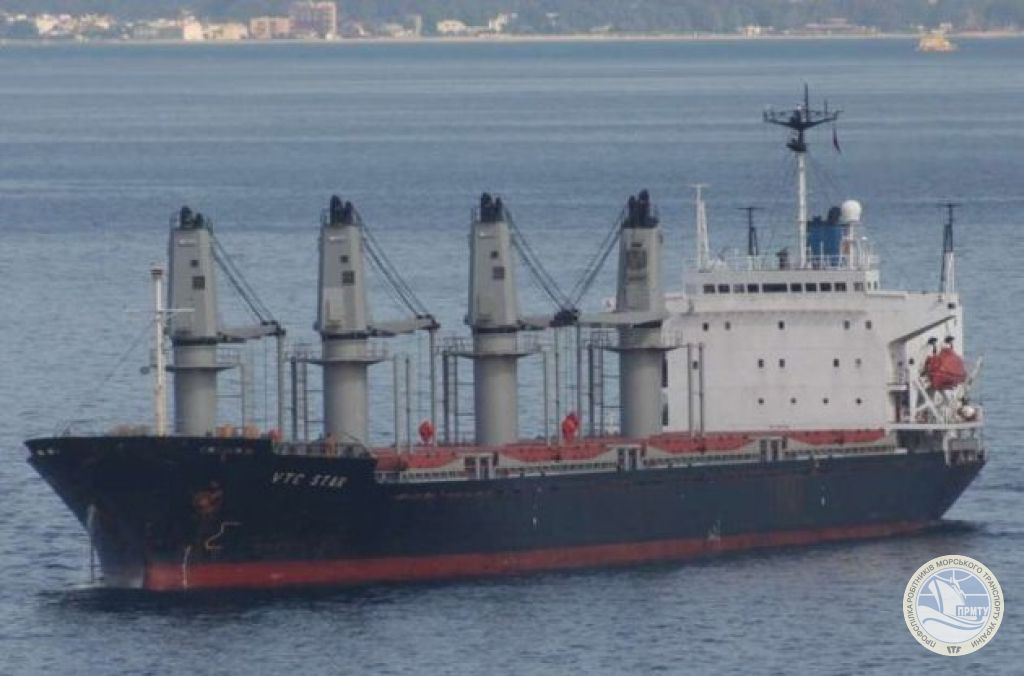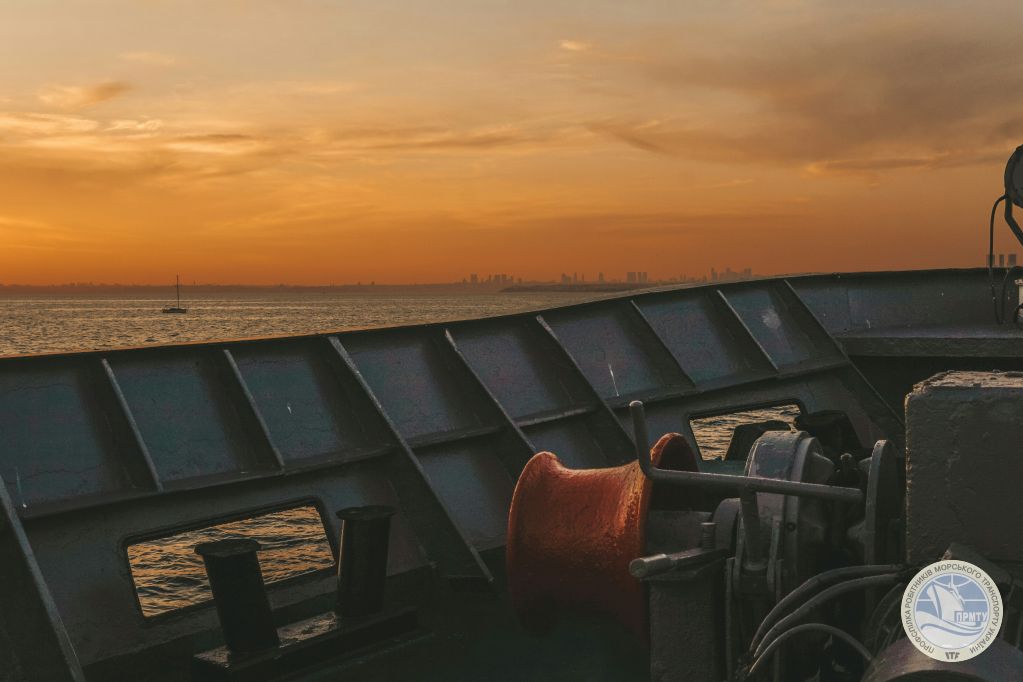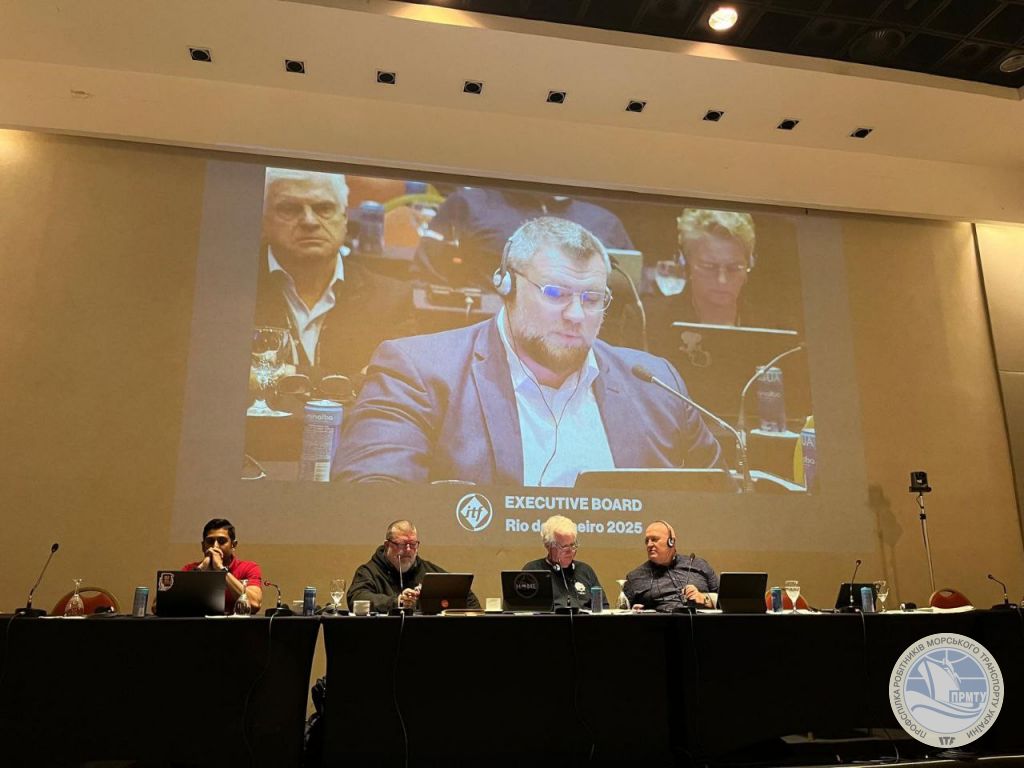An increasing number of sailors are being abandoned by their vessels’ owners, left stuck on board sometimes for months or even years.
On Mar. 6, a Houthi missile killed three crew members on the Barbados-flagged merchant vessel True Confidence in the Red Sea — the first fatalities in the Houthis’ campaign against shipping in the crucial thoroughfare. Another two were severely injured.
But while this likely won’t be an isolated incident and we will see more of such deadly strikes, other seafarers are experiencing hardship of a different kind: Their owners are deserting them and their vessels. As the number of these abandoned seafarers continues to rise, the world needs to start paying attention to their plight and call on the open source intelligence (OSINT) community to help investigate.
This is a drama less visually dramatic than the Houthis’ attacks — but it too involves shocking rule-breaking, as an increasing number of sailors are being abandoned by their vessels’ owners, left stuck on board sometimes for months or even years. And a leading culprit behind this growing abandonment appears to be the similarly growing shadow fleet.
On Dec. 18, for example, 11 Indonesian seafarers working on the Sierra Leone-flagged cargo ship Grand Sunny realized the vessel’s owner could no longer be reached, and were left stranded in the Chinese port of Nansha. “We are trying to get food and water to the vessel urgently,” the International Transport Workers’ Federation (ITF) logged on Dec. 19. These sailors have been stuck ever since. Moreover, the ship’s owner, Thousand Star International Ltd., is so tiny, there’s virtually no information about the company.
These abandoned Indonesians aren’t the only seafarers trapped on their ships either. In the French port of Lorient, three Georgian seafarers have been stranded on their Tanzania-flagged icebreaker since Dec. 7. “The crew is in danger because the ship is old, engine is not working properly,” the ITF noted in its log. Meanwhile, in Brazil’s Macapa anchorage, 23 Russian seafarers have been stuck on their Saint Kitts and Nevis-flagged bulk carrier since Dec. 1.
And these are just some of the most recent cases. In Italy’s port of Messina, five Ukrainians and one Russian have been stranded on the Cameroon-flagged cargo vessel Bella for nearly three years.
In all these instances, the sailors are stuck because vessels’ owners have simply abandoned them. Under maritime rules, even shipowners who fall on hard times aren’t allowed to simply ignore their ships and crews — but many do. However, maritime rules also prevent crew from abandoning their ships except under the most extreme circumstances — essentially, only if the vessel is sinking. So, while these owners are far away from the ship and sometimes make themselves uncontactable, crews are stuck.
During their wait, the vessel’s condition deteriorates (because the owner has stopped paying for maintenance), and the seafarers usually aren’t being paid. Indeed, if it weren’t for port authorities, the ITF and charities like the Mission to Seafarers, many of these stranded crew members wouldn’t even have access to food and other necessities.
And the situation is only getting worse. According to an ITF report, no fewer than 132 vessels were abandoned by their owners last year — that’s an 11 percent rise from 2022.
“Seafarers and their families pay the ultimate price for the greed and non-compliance of ship owners, enduring the inhuman consequences of a system that compromises their well-being, dignity, and basic human rights,” ITF Inspectorate Coordinator Steve Trowsdale said in a statement accompanying the report.
One phenomenon that’s been playing a starring role in the increase of seafarer abandonment is the shadow fleet. This fleet — with its old and poorly maintained vessels and obscure owners that don’t use Western insurance (the industry standard) and frequently change flag registration — now encompasses an estimated 1,400 vessels. They sail the world’s oceans, transporting all manner of goods — especially oil — to and from sanctioned countries like Iran, Venezuela and, most importantly, Russia.
These shadow vessels exist and can be seen with the naked eye, but because they operate outside the official world of shipping, there isn’t much anyone can do about them.
“Covid had a massive impact on shipping, and crews’ limited ability to change over [disembark according to schedule and be replaced by other crews] caused huge issues,” noted Simon Lockwood, a global insurance broker at Willis Towers Watson. “These issues have [now] been further exacerbated by the emergence of the shadow fleet.”
During the Covid-19 crisis, when countries closed their borders and denied seafarers the right to disembark, some 400,000 sailors were stuck on their ships after completing their contracts. And now, according to Secretary-General of the International Chamber of Shipping Guy Platten, “the rise of the shadow fleet has contributed to the increase in seafarer abandonment.” “How can it be that Gabon is the world’s fastest-growing flag state? But because of the shadow fleet, it is,” he said.
It is, indeed, and today, 98 percent of vessels sailing under the Gabonese flag are considered high-risk or have no identifiable owner. If a ship sailing under the Gabonese flag is abandoned, it’s virtually impossible to find the owner, let alone make them pay.
The International Labour Organization’s list of abandoned vessels offers stark reading: There’s the Palau-flagged Absolute, abandoned in the United Arab Emirates port of Mina Saqr since Nov. 9 with seven seafarers from Myanmar on board; the Morocco-flagged Gibraltar, abandoned in Gibraltar since Nov. 8 with 43 Moroccan crew members on board; and the Togo-flagged Blue Shark, abandoned in the Greek port of Kalymnos since Sept. 22 with three Egyptian and three Indian seafarers on board.
There’s also the Palau-flagged Fatma Eylul, abandoned in Istanbul since Nov. 1 with nine Azerbaijani and one Turkish seafarer on board: “No fuel so the crew have no electric [sic] and therefore no refrigeration and heating, and can no longer cook. Lack of provision and limited drinking water. Crew are owed two months wages,” an ITF log entry from November noted.
These are just some of the past year’s cases. But there are many more cases like the Bella, left abandoned for years.
Sometimes the ITF, local ports and seafarer charities do manage to track down owners during the first weeks of a ship’s abandonment and get them to pay and feed the crew. However, as the weeks and months wear on, the odds of such success decrease, and the seafarers are imprisoned on their vessels with no liberation in sight. Last September, a sailor stuck on an abandoned vessel in the UAE attempted suicide.
“Port states should do a lot more to help the seafarers, but they tend to want to have a crew on board to keep the ship safe,” Platten said. Abandoned seafarers are paying the price for the world’s addiction to goods arriving from other countries.
And owners will keep hiding because they can: Getting the owner of a letter-box company to pay the wages owed to their abandoned ship’s crew, and convincing the owner to go get the ship operational again so the crew can return home, is a time-consuming and little-promising task. But while the shadow fleet exists to remain in the shadows, the world also has an increasing number of OSINT sleuths and investigators. And this community can do a much-needed good deed for abandoned seafarers by investigating the whereabouts of these absconded owners.
Indeed, few OSINT tasks could be more meaningful than helping liberate abandoned seafarers from their ships.






